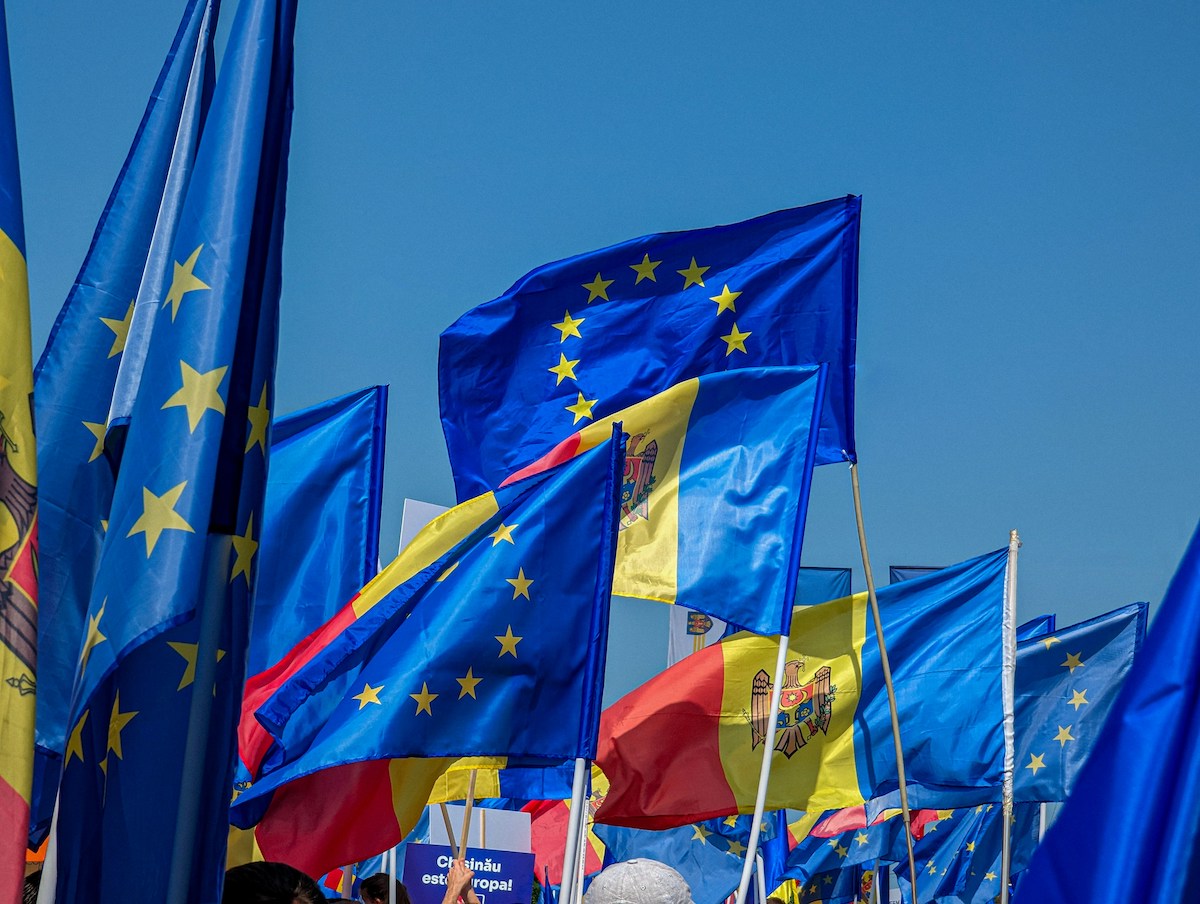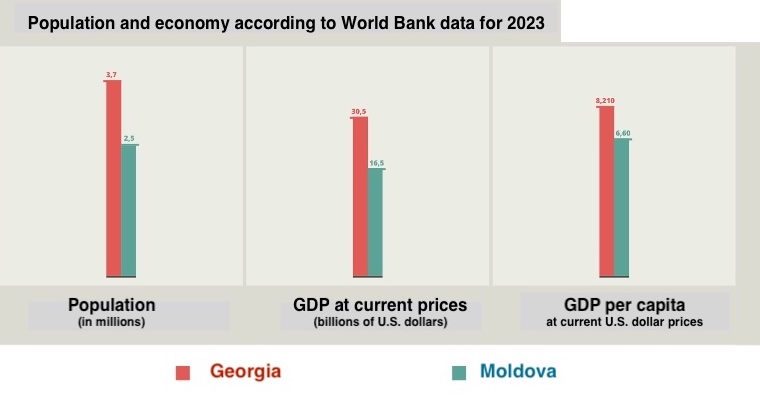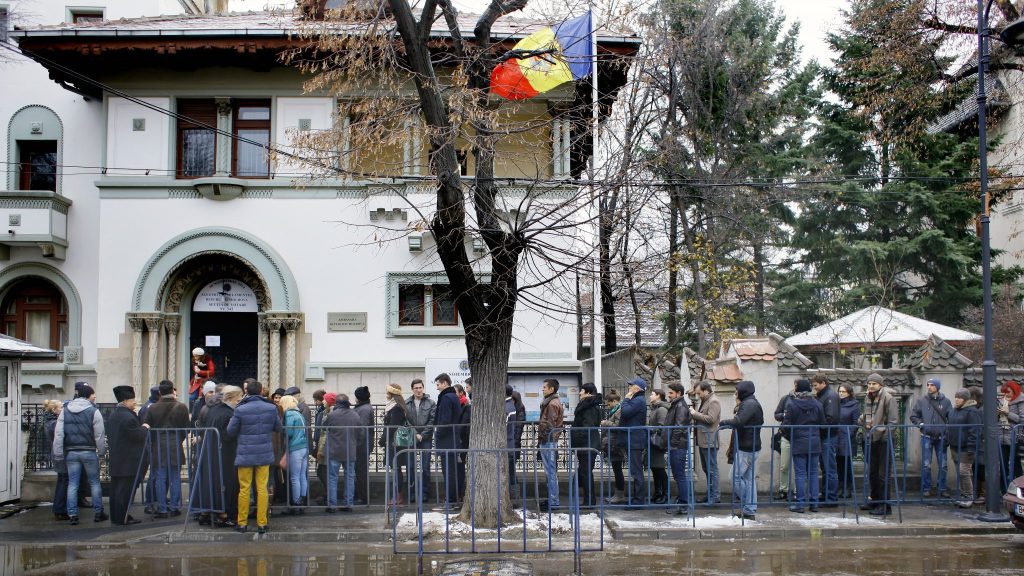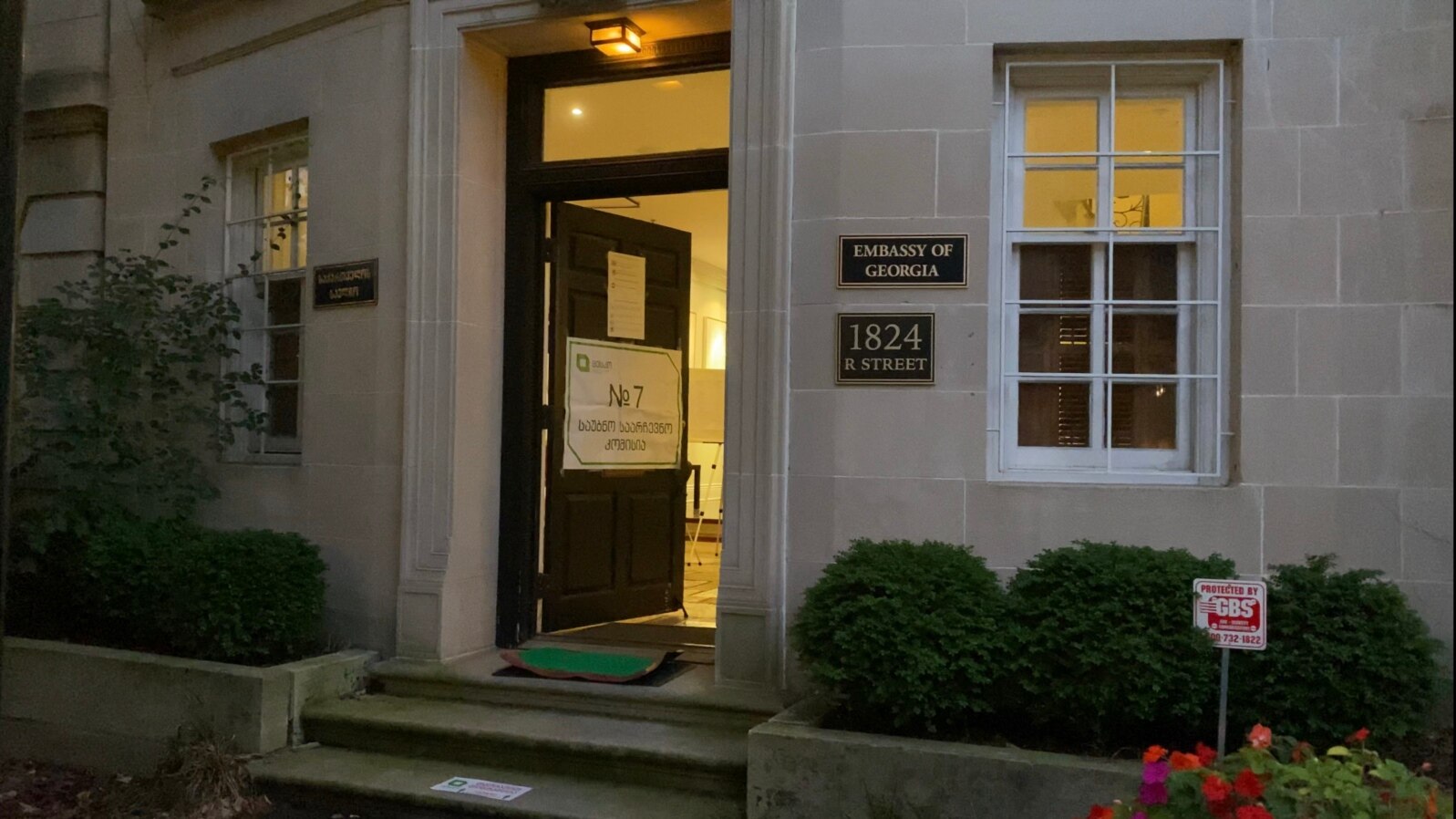
Moldova and Georgia: emigrant voting
Citizens living outside Georgia have been urging the authorities for over six months to expand their opportunities to participate in elections. Representatives from the opposition and the non-governmental sector see two potential solutions:
- Abandon the remote voting mechanism
- Open new polling stations abroad
The government deems both solutions unfeasible.
The first option is rejected by the Georgian Dream party due to cybersecurity issues, while in the second case, representatives of the ruling party argue that adding polling stations abroad faces obstacles such as mobilizing commission members, opening new consulates, and a lack of adequate resources. Specifically, Beka Odisharia, Chairman of the Committee on Diaspora Affairs, has repeatedly explained that even the entire budget of Georgia would not be sufficient for new polling stations abroad.
However, Georgia is not the only country holding elections for its over one million expatriates abroad. One such country is Moldova, whose example will be examined in the article.
The existing financial resources and the number of expatriates allow for a comparison between the conduct of elections for the diaspora in Moldova and Georgia. In particular, according to World Bank data, the financial resources of Georgia and Moldova are comparable.

According to the Moldovan Ministry of Foreign Affairs and European Integration (MFAEI), the number of citizens living abroad ranges from 1.11 million to 1.25 million.
Of these, 263,117 emigrants participated in the 2020 elections, and 212,434 in the 2021 elections.

In 2020, Moldova spent 9,630,000 Moldovan lei on organizing elections for the diaspora, equivalent to 1,512,275 lari at the current exchange rate (approximately $555,000). Compared to the amount allocated by Georgia’s Central Election Commission for this year’s elections, this represents 0.883 percent of the CEC’s budget for the year.
For the 2020 elections, Georgia opened 57 polling stations in 39 countries. Later, three polling stations in Azerbaijan and two in Greece were closed. In the end, 52 polling stations remained open in 38 countries.
Georgia does not have precise data on the number of emigrants living worldwide. However, according to the UN, there were 850,000 emigrants from Georgia in 2019. Various unofficial sources suggest this number exceeds one million. Members of the ruling party “Georgian Dream” claim there are between 1.5 and 2 million Georgians abroad.
In the 2020 elections, the total number of voters abroad was 66,217, with 12,247 casting their votes. Of these, 162 ballots were declared invalid.
Regarding the establishment of polling stations abroad, the president of Georgia, Salome Zourabichvili, is also working with the non-governmental sector. Zourabichvili believes that expanding opportunities for citizens living abroad to participate in elections is not impossible if there is a genuine will to do so. She cites Moldova as an example:
“Opening polling stations abroad is quite feasible, as we have a close example. Moldova conducted elections and opened 150 polling stations [in 2021]. If Moldova could do it, despite many complaints we might have, we might be able to do it as well. Why do we say we lack resources?” said president Salome Zourabichvili on March 29.
As for the position of the Central Election Commission, its Chairman Giorgi Kaladze clarified in a conversation with Zurab Japaridze, the head of the opposition party “Girchi – More Freedom,” that financial resources are not an obstacle to opening polling stations abroad. If “there are appropriate conditions and legal grounds,” the Central Election Commission “will not hinder the conduct of elections abroad” in the interest of the state.
When discussing obstacles to opening polling stations for the diaspora, the authorities mention legal barriers that allegedly create financial impediments. In particular, representatives of the “Georgian Dream” claim that opening a polling station is only possible in consulates or special diplomatic missions, and additional openings are associated with millions of lari. However, this position is not shared by opposition representatives and the non-governmental sector.
“There is no explicit provision in the legislation that polling stations must be located in consulates or diplomatic missions. It is possible to rent a space and agree with a specific country to use that space for electoral purposes for a certain period. Such a space would be considered a diplomatic representation of Georgia during the rental period,” explains Ketevan Barbakadze, a lawyer for the political party “Droa.”


